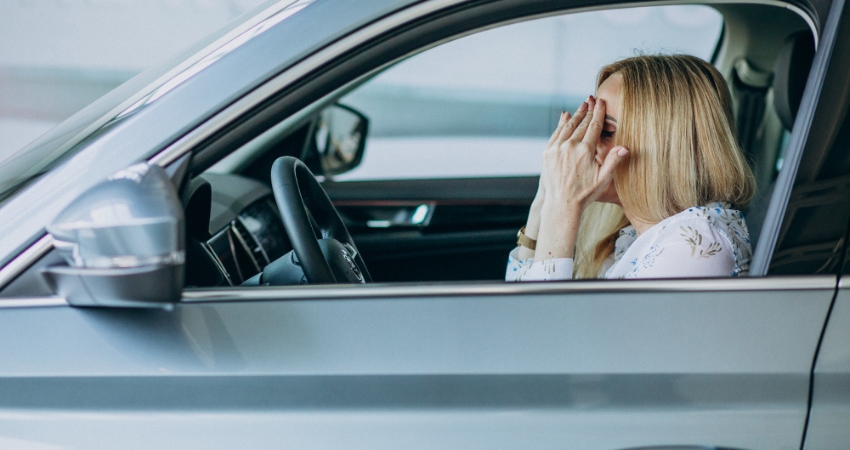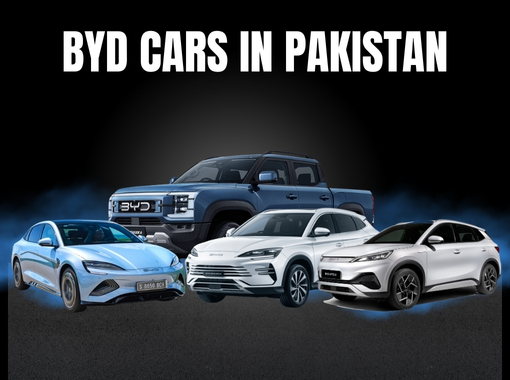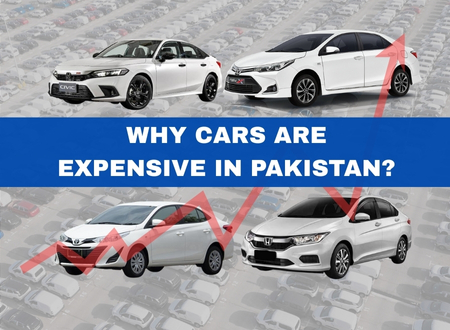
In recent years, more women in Pakistan have taken the wheel, defying stereotypes and stepping into the driver’s seat—literally. While it’s empowering to see this shift, the road ahead is still far from smooth. Female drivers across the country face a unique set of challenges that go beyond traffic jams and bad roads. From societal biases to safety concerns, here’s a closer look at what it really means to be a woman behind the wheel in Pakistan.
1. Harassment on the Road
For many women behind the wheel, harassment remains a disturbingly common and deeply unsettling experience. Be it catcalling, staring, unnecessary honking, or even being followed by other vehicles—female drivers often feel unsafe, especially when driving alone. This constant discomfort forces many women to restrict their travel routes or avoid driving during certain times of day.
2. Deep-Rooted Gender Stereotypes
Ask anyone on the street and you’ll hear a frustratingly common phrase: “Women can’t drive.” This stereotype leads to everything from mansplaining to road rage, where male drivers refuse to give way or deliberately act aggressive. It undermines confidence and reinforces the idea that driving is a “man’s job”—which couldn’t be farther from the truth.
3. Limited Access to Training
Women frequently face limited opportunities for learning to drive, unlike their male counterparts who have broader access and fewer restrictions. There are limited female instructors or women-only driving schools, especially outside major cities. Even when women are eager to learn, families may discourage them due to safety concerns or cultural norms.
4. Lack of Emergency Support
One of the most practical challenges female drivers face is the lack of women-friendly roadside assistance.In situations like a breakdown, flat tire, or accident, many women hesitate to ask for help—often fearing they’ll be dismissed or exploited
5. Workshop Woes
A visit to the mechanic can quickly become a frustrating ordeal for many women. They often report being dismissed, overcharged, or treated as if they know nothing about their own vehicles. This lack of respect and trust not only undermines their confidence but also discourages them from taking charge of their car’s maintenance.
6. Cultural and Family Pressure
In conservative communities, the act of a woman driving is still frowned upon. The idea that “good girls don’t drive alone” creates psychological pressure, and in some families, women are simply not allowed to drive at all—no matter how practical or necessary it might be.
The Road Ahead
Despite these obstacles, female drivers in Pakistan continue to challenge the status quo. They deserve safer roads, equal respect, and freedom behind the wheel. As a society, it’s time we shift gears—not just in how we drive, but how we think. At Garibaaz, we believe every driver—regardless of gender—deserves respect, transparency, and the confidence to own the road.
Let’s stop underestimating and start empowering.



